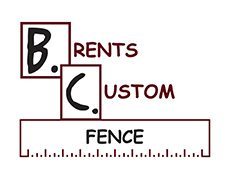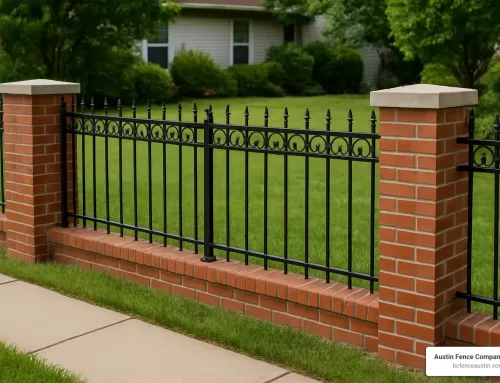According to the USDA, predators, both wild and domestic, cost farmers and ranchers about $100 million each year in livestock losses. Losing even one animal can be too much for a farm or a ranch. How do you protect your livestock? One answer is with a fence. In this article, we’ll discuss how to protect your livestock with a fence.
Predators don’t kill because they want to ruin your business. It’s the way they survive. Usually, a predator will take an animal that is sick or small or weak. They want easy prey. Of course, they will go up the chain if necessary. They need to eat too.
Using an enclosure like a fence can help keep predators out. It places a physical barrier between predator and prey. Fences that are designed to keep predators out are a little more expensive than those designed to keep livestock in. However, night penning could work out well, especially for small to mid-size operations. This involves bringing the animals back into a small, fenced in area in the evening. It may be more cost-effective than trying to fence in your entire land area.
You should use a high-quality and maintenance free livestock fence. When you choose the fence you want, you should think about its purpose and about the advantages and disadvantages of the different types of fences you could get. We, at B.C. Fence, can help you determine which is the best fence option for you and your livestock. We have built many fences for farms and ranches and know what you need. We can assist you in choosing the material and aiding in the design of the fence.
You’ll want to think about what kinds of fence posts you want. Wood and steel are the most common. If you use wood, make sure it’s a natural wood that is resistant to decay. You can get a pressure treated wood that can increase the life span of your posts up to 30 years. Wood posts are less expensive than steel posts so that’s something to consider as well. However, we think that security is the best defense against predators so you might still opt to go with steel.
You can choose different types of wiring for your fence. Wooven wire consists of vertical and horizontal wires attached at either six or twelve inches. They are long-lasting too. Barbed wire can be found in a variety of styles and varieties. High-tensile wire is the cheapest option. It’s also relatively easy to put together. Finally, there are welded wire fences. These consist of panels in a mesh configuration. The wide variety of welded wire fences includes: livestock fence panels, decorative fence panels and portable fence panels.
What you decide to do with your fence is up to you. However, as a trusted fence company in Austin, we are here to help you through it. Contact us today at 512-284-8716. We’ll be happy to build a fence to keep out predators for you.
Fence Professional since 1996. Over 25 years of experience serving the Austin, Texas and surrounding areas. We offer experience, knowledge and top-notch fence services thanks to our exclusive treatment with your project. All of our work has a 1 year Warranty.



